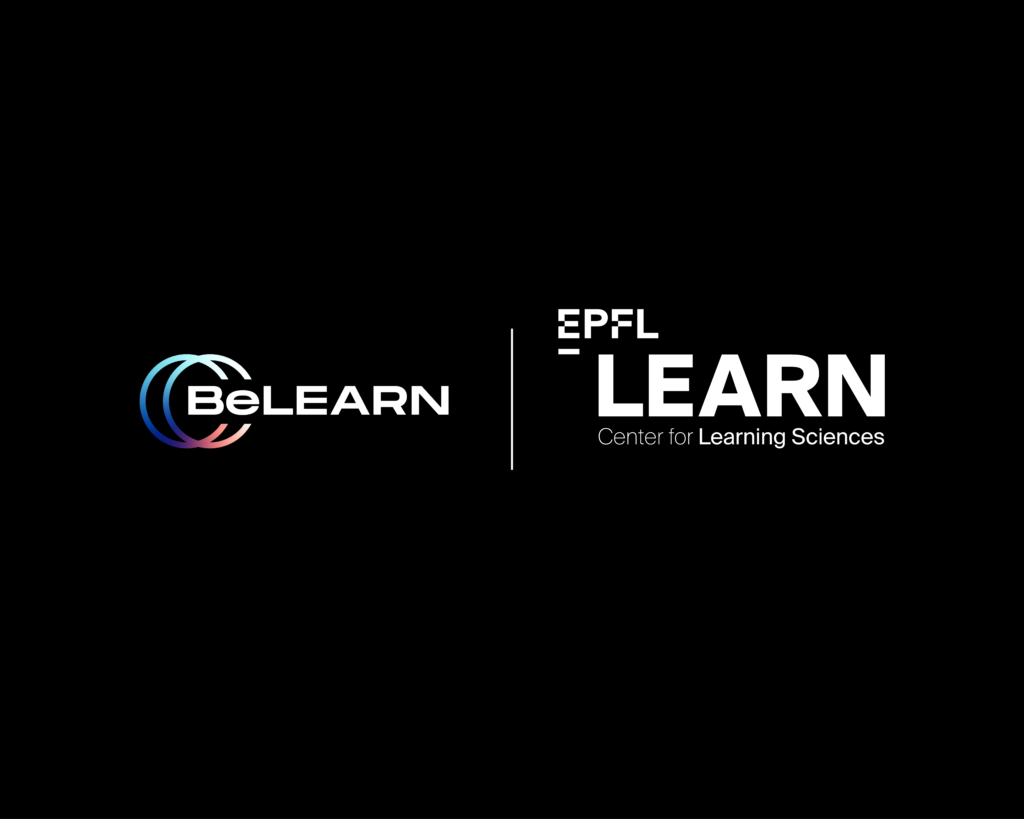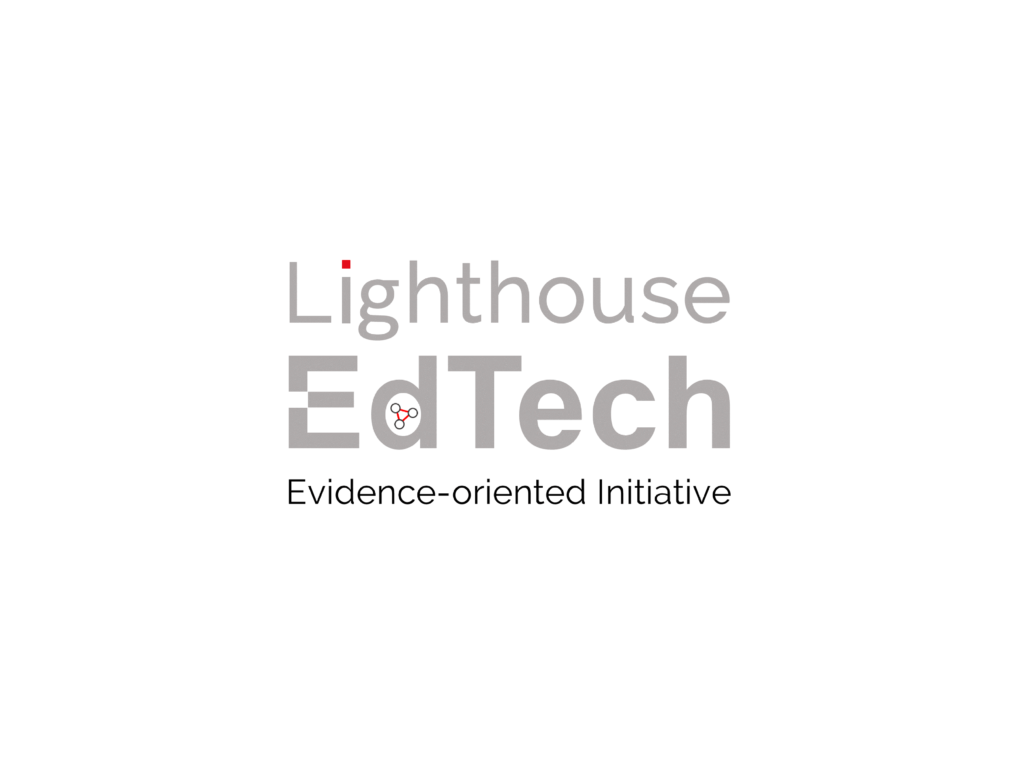BeLEARN
In order to strengthen and extend EPFL’s contribution to the digital transformation of education, the Center LEARN has joined the partnership between the Canton of Bern’s Department of Education and Culture and five universities to form BeLEARN: a competence center whose objective is to advance digital education through a translational approach.

Within this framework, the three Bernese institutions – the University of Bern, the Bern University of Applied Sciences and the Bern University of Teacher Education – as well as the EPFL and the Swiss Federal University for Vocational Education and Training (SFUVET) are combining their competencies with a multidisciplinary network of various educational research teams working on all levels of the Swiss educational system. Start-ups specialized in digital education participate in BeLEARN through a strategic partnership with the Swiss EdTech Collider.
BeLEARN partners collaborate on research projects based directly on specific needs identified in the field and transpose their results into the implementation of practical solutions along three main axes: the development of digital skills in education, the pedagogical use of digital resources and tools, and learning analytics (data science applied to education).
Within EPFL, various projects are conducted within the framework of BeLEARN.
Ongoing projects with EPFL contributions
The goal of the ResponSE project is to support the Youth@STEM4SF initiative while expanding its reach and impact by engaging students in co-creation activities at BeLEARN. These activities aim to transform their ideas into open educational resources (OER) that can be widely shared and reused by science teachers in Switzerland.
Contact person: Dr. Denis Gillet (Groupe REACT, EPFL)
Are deep generative models a threat to the creative sector, leading to mass unemployment, or could they be leveraged as valuable allies to enhance creative processes, for instance, in vocational training? This project builds on previous research exploring the impacts of deep generative modeling tools on the creative practices of apprentices in fashion design within the Swiss vocational education system.
Contact person: Prof. Dr. Thiemo Wambsganss (Berner Fachhochschule)
The Be(e)Chat project aims to enable secure and data protection-compliant applications in the educational context based on a locally operated generative AI (GenAI) model within the academic landscape of the Canton of Bern. The goal is to ensure data security and control potential biases, setting this approach apart from commercially available language models and services such as ChatGPT.
Contact person: Prof. Dr. Kerstin Denecke (Berner Fachhochschule)
The goal of the project is to design and develop a conversational agent (CA), a software program that mimics human conversation, to guide learners through their reflection process by providing step-by-step guidance and individualized writing feedback, aiming to enhance the quality of their written reflections.
Contact person: Prof. Dr. Thiemo Wambsganss (Berner Fachhochschule)
This project explores the intersection of aesthetics and robotics, challenging stereotypes to boost motivation and develop transversal skills in education.
Contact person: Prof. Dr. Francesco Mondada (MOBOTS, EPFL)
This project explores how the Digital Training Companion, leveraging data science and AI, supports the tracking and monitoring of digital skills training.
Contact person: Dr. Sunny Avry (Center LEARN)
The MI2US project aims to provide validated activities using artificial agents such as virtual avatars and social robots to promote the integration and interaction of children from multicultural and diverse backgrounds in school environments.
Contact person: Pierre Dillenbourg (CHILI Lab, EPFL)
The Learning Companion is an online tool actively developed at EPFL since 2017. It aims to help students acquire effective learning strategies. This project seeks to assist future students in developing effective study habits and metacognitive skills that are crucial for lifelong learning.
Contact person: Prof. Dr. Michael Eckhart (Pädagogische Hochschule Bern)
This research project examines the impact of immersive virtual reality (IVR) on motivation, creativity, and design outcomes in vocational training in construction.
Contact person: Gaby Walker (Eidgenössische Hochschule für Berufsbildung EHB)
To support innovative and agile blended learning scenarios, the FREE project designs and implements a federal digital library of open educational resources (OER) for various levels and study programs in Switzerland and beyond. This project complements the Swiss Digital Skills Academy initiative, which aims to help teachers develop the new required skills (d-skills.ch).
Contact person: Dr Denis Gillet (REACT Group, EPFL)
The aim of this project is to design, develop, and test a scenario-based “serious game” module to promote entrepreneurial skills. The main target groups are primarily vocational school students, and secondarily, students at universities of applied sciences. The serious game is co-designed by the BFH team and the EPFL team, with the BFH team responsible for the content and pedagogical-didactical design, and the EPFL team in charge of the interaction design and implementation.
Contact person: Prof. Dr. Susan Müller (BFH)
This web application facilitates the sharing of information between trainers, teachers, and students during training sessions. This research project aims to better understand the mechanisms, quality, and effects of the DTC on digital skills training. After an initial study phase highlighting its role in structuring courses and improving trainers’ self-regulation, a second phase will focus on validating these results through a quantitative approach. Ultimately, the goal is to develop a secure and reliable web application, ready for large-scale deployment to enable rapid adoption in the educational sector.
Contact person : Dr Sunny Avry (Centre LEARN)
This project introduces ArgueMate, an AI-powered debate partner designed to facilitate structured argumentative discourse among students. Unlike traditional peer debates, ArgueMate provides scalable, personalized arguing experiences by dynamically adapting its stance and argumentative style to align with pedagogical objectives.
Contact person: Pierre Dillenbourg (CHILI Lab, EPFL)
Finished projects
This study aims to enhance our understanding of how social emotions, specifically those related to trust, warmth, and status, influence the learning process of team members in the context of a group project in computer science.
Contact persom: Nihat Kotluk (CAPE, EPFL)
Promoting problem-solving strategies through robotics activities in MINT mobil for primary school students in cycle 2.
Contact person: Prof. Dr. Francesco Mondada (MOBOTS, EPFL)
This BeLEARN project contributed to the development of an international consortium for joint applications and the creation of a long-term research plan on digital responsibility.
Contact person: Prof. Dr. Nikolaus Obwegeser (Berner Fachhochschule)
This project aims to merge the existing learning labs into a network.
Contact person: Dr. Uwe Dirksen (Pädagogische Hochschule Bern)
The aim of this project was to develop an adaptive learning system tailored to the specific high school mathematics curriculum taught in Switzerland.
Contact perso: Francesca Tripaldi (Bern University)
The goal was to improve the identification and support of children with writing difficulties using the graphomotor tool GRAFOS (PHBern) and Dynamilis (EPFL). The project also aimed to acquire new knowledge on the relationship between graphomotor skills/handwriting and overall academic learning.
Contact person: Pierre Dillenbourg (CHILI Lab, EPFL)
This project used an experimental model to evaluate two potential educational approaches using deepfakes to develop students’ moral sensitivity and moral reasoning.
Contact person: Roland Tormey (Teaching Support Center, EPFL)



